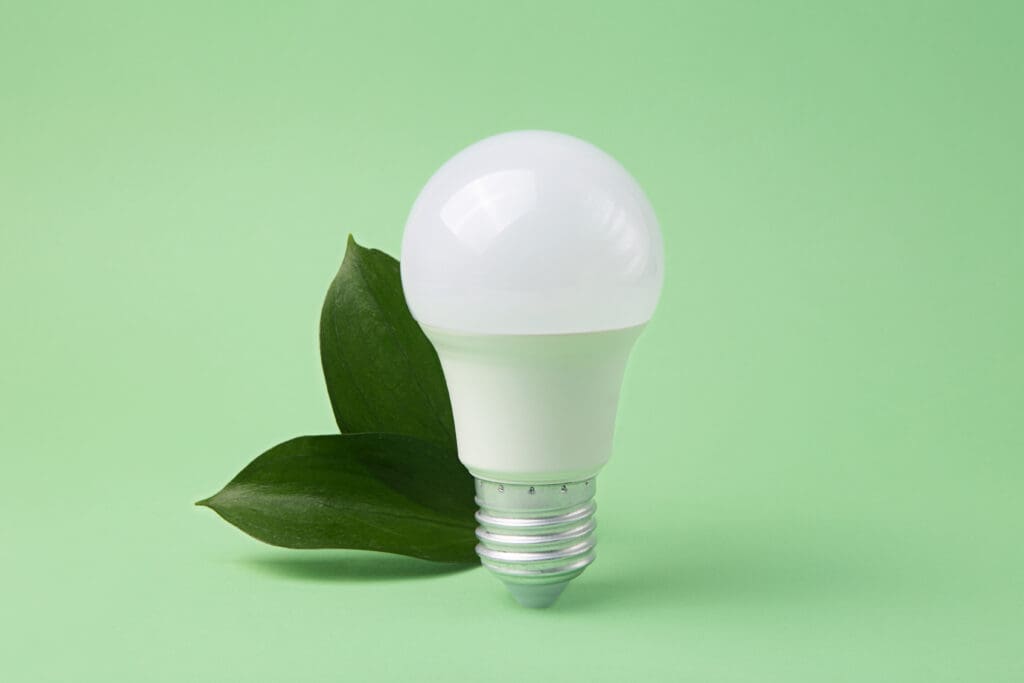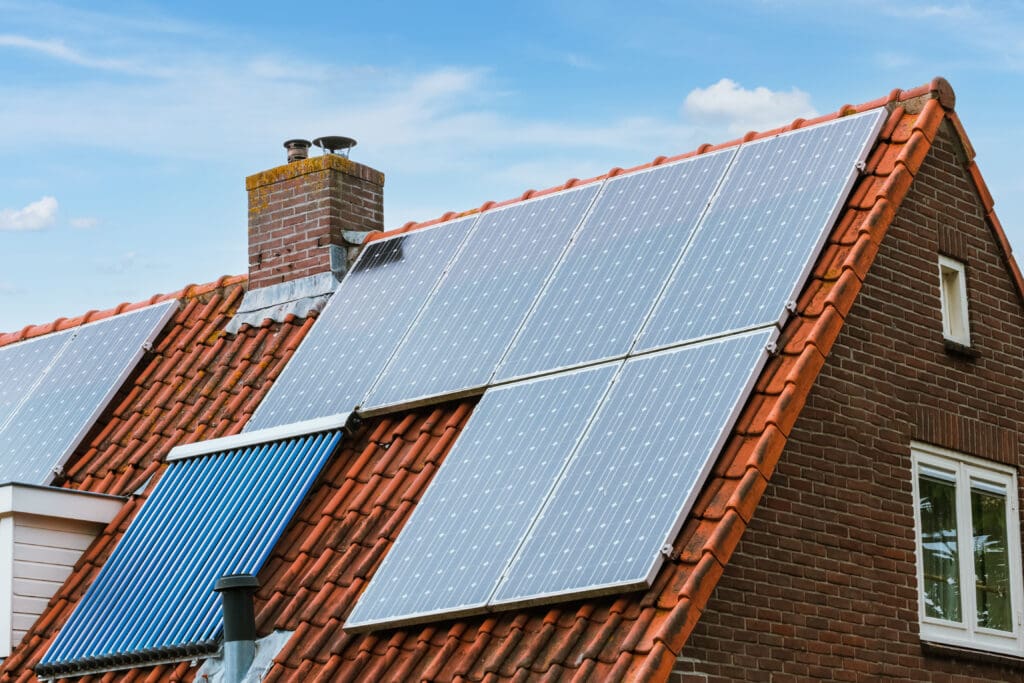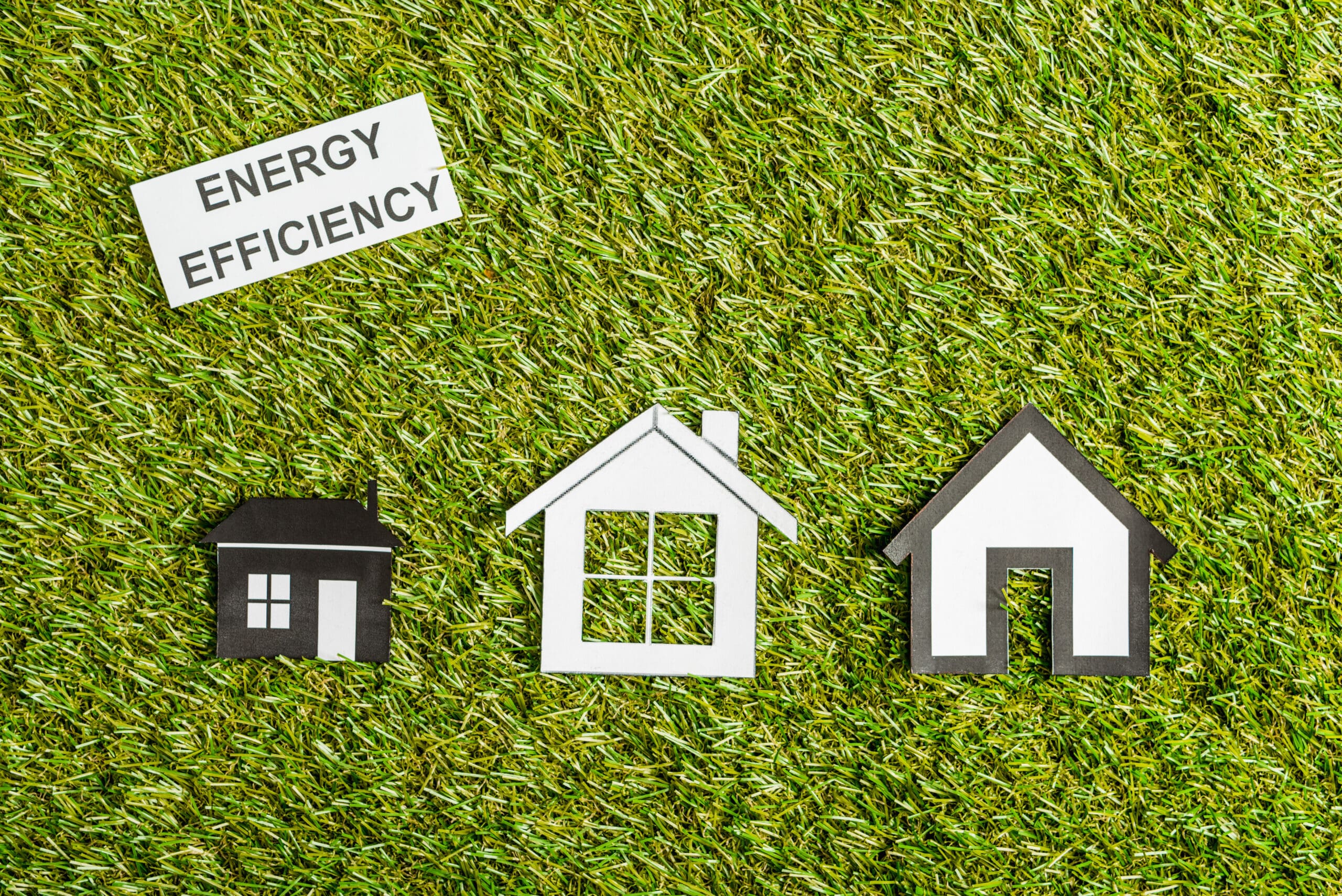Are you concerned about your home’s energy consumption and utility bills? Conducting a home energy audit is an effective way to identify areas of improvement and boost your house’s energy efficiency. In this blog post, we’ll provide you with valuable tips on conducting a thorough home energy audit and assessing energy efficiency features. Let’s get started!
Begin with a Comprehensive Walkthrough
When performing a home energy audit, start by taking a detailed walkthrough of your property. Inspect each room and make note of any potential energy leaks, such as drafty windows, gaps in door frames, or poorly insulated areas. This initial assessment will help you pinpoint where improvements are needed.
Evaluate Insulation

Proper insulation plays a vital role in maintaining a comfortable indoor environment and reducing energy loss. Check the insulation levels in your attic, walls, and basement. Look for signs of wear and tear, water damage, or inadequate coverage. Upgrading insulation can significantly enhance energy efficiency and save on heating and cooling costs.
Examine Doors and Windows
Windows and doors are common areas for air leakage, leading to energy waste. Inspect the frames and seals for cracks, gaps, or deteriorated weather-stripping. Consider replacing old windows with energy-efficient models or installing window films to improve insulation. Upgrading to energy-efficient doors can also make a substantial difference.
Don’t Forget Lighting

Lighting is another aspect to consider when conducting an energy audit. Replace traditional incandescent bulbs with energy-saving LED lights. Install dimmer switches to adjust brightness according to your needs. Don’t forget to turn off lights when not in use and make the most of natural light during the day.
Assess Heating and Cooling Systems
Heating and cooling systems account for a significant portion of energy consumption. Evaluate your HVAC equipment, including furnaces, air conditioners, and thermostats. Regularly clean or replace air filters to optimize system efficiency. Consider upgrading to energy-efficient appliances and programmable thermostats for better control over temperature settings.
Inspect Appliances and Electronics
Assess the energy efficiency of your appliances and electronics. Look for the ENERGY STAR label when purchasing new devices, as they meet strict energy efficiency guidelines. Unplug electronics when not in use to prevent “phantom” energy consumption. Consider investing in smart power strips to control standby power.
Consider Renewable Energy Sources

Exploring renewable energy options can significantly reduce your carbon footprint and energy costs. Evaluate the feasibility of solar panels, wind turbines, or geothermal systems for your home. Research local incentives and rebates that may help offset the initial investment.
By following these tips and conducting a thorough home energy audit, you can identify energy inefficiencies and make informed decisions to improve your home’s energy consumption. Remember, optimizing your home’s energy efficiency is an ongoing process. Regularly assess and upgrade energy features to maximize savings and minimize environmental impact. Start your home energy audit today and embrace a greener lifestyle!
#EnergyEfficiency #HomeEnergyAudit #ReduceUtilityCosts #SustainableLiving #EnergySavings

Richard has extensive experience in all aspects of buying and selling residential property. He has sold more than 400 homes and well over $100 million in residential real estate. There’s no need to guess. Get expert advice that will allow you to buy and sell with confidence and ease.
For neighborhood guides about Decatur and other intown neighborhoods, click here.
To learn more about the value of your home, please complete the form here.
If you are looking to purchase a home, please reach out here. We would love to help you have a wonderful buying experience.
You can always reach us through the Contact Us page here as well.
